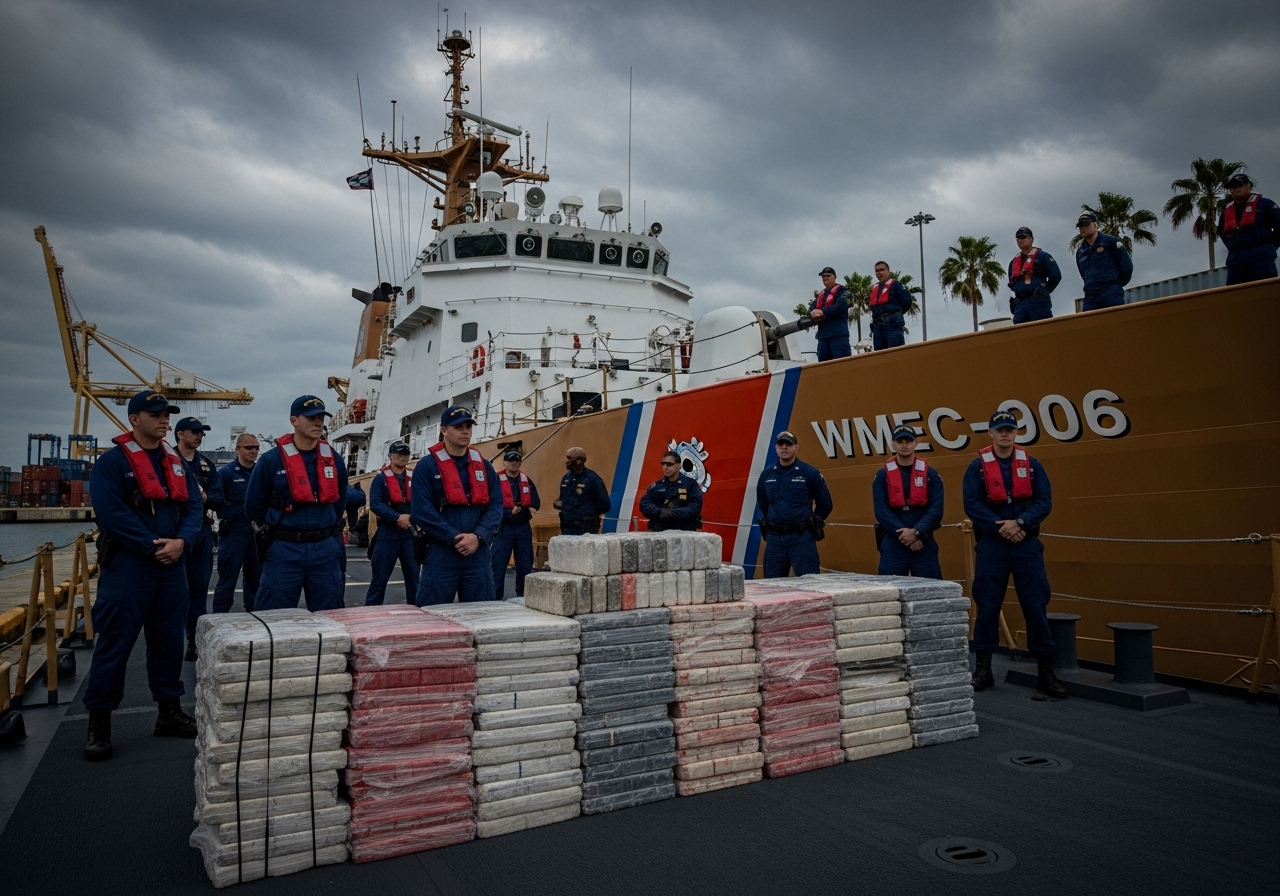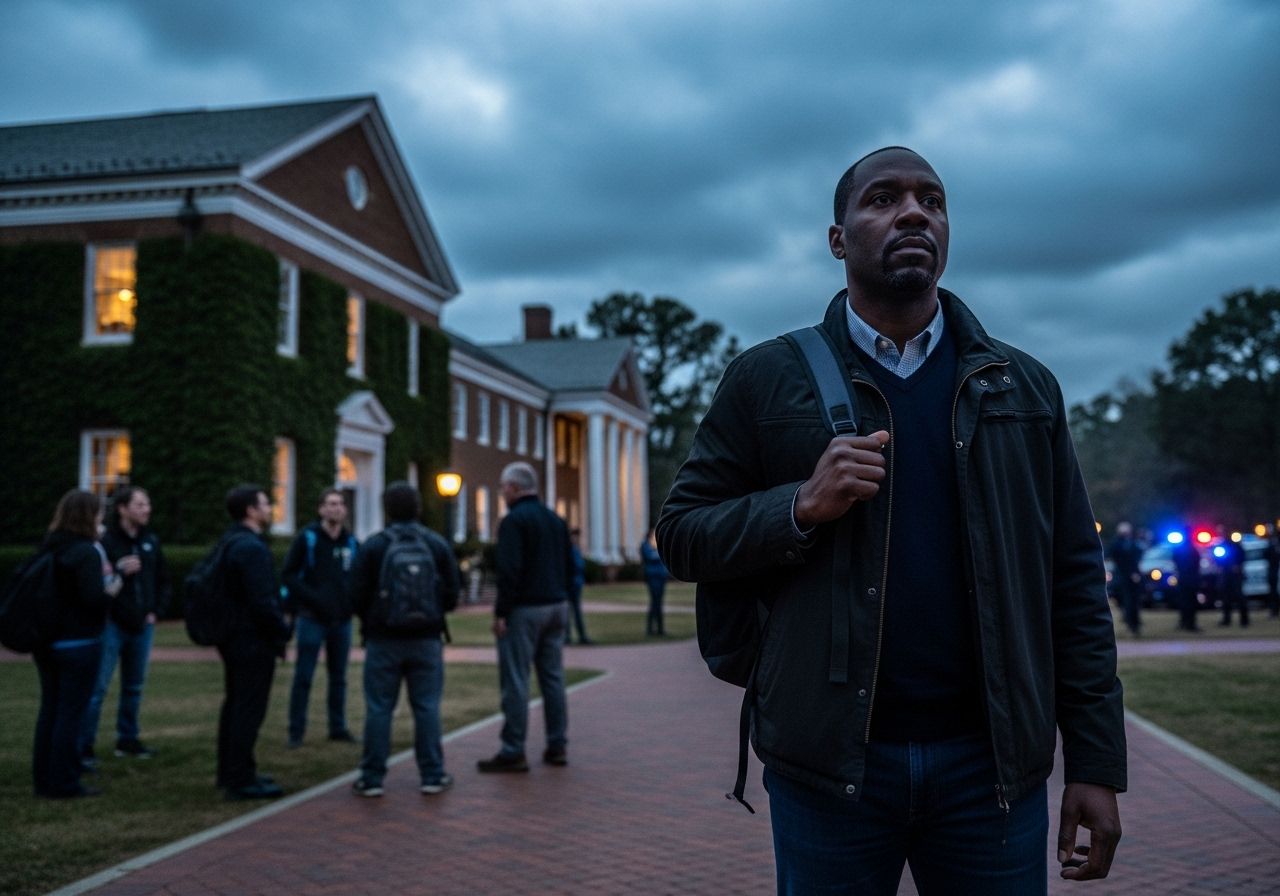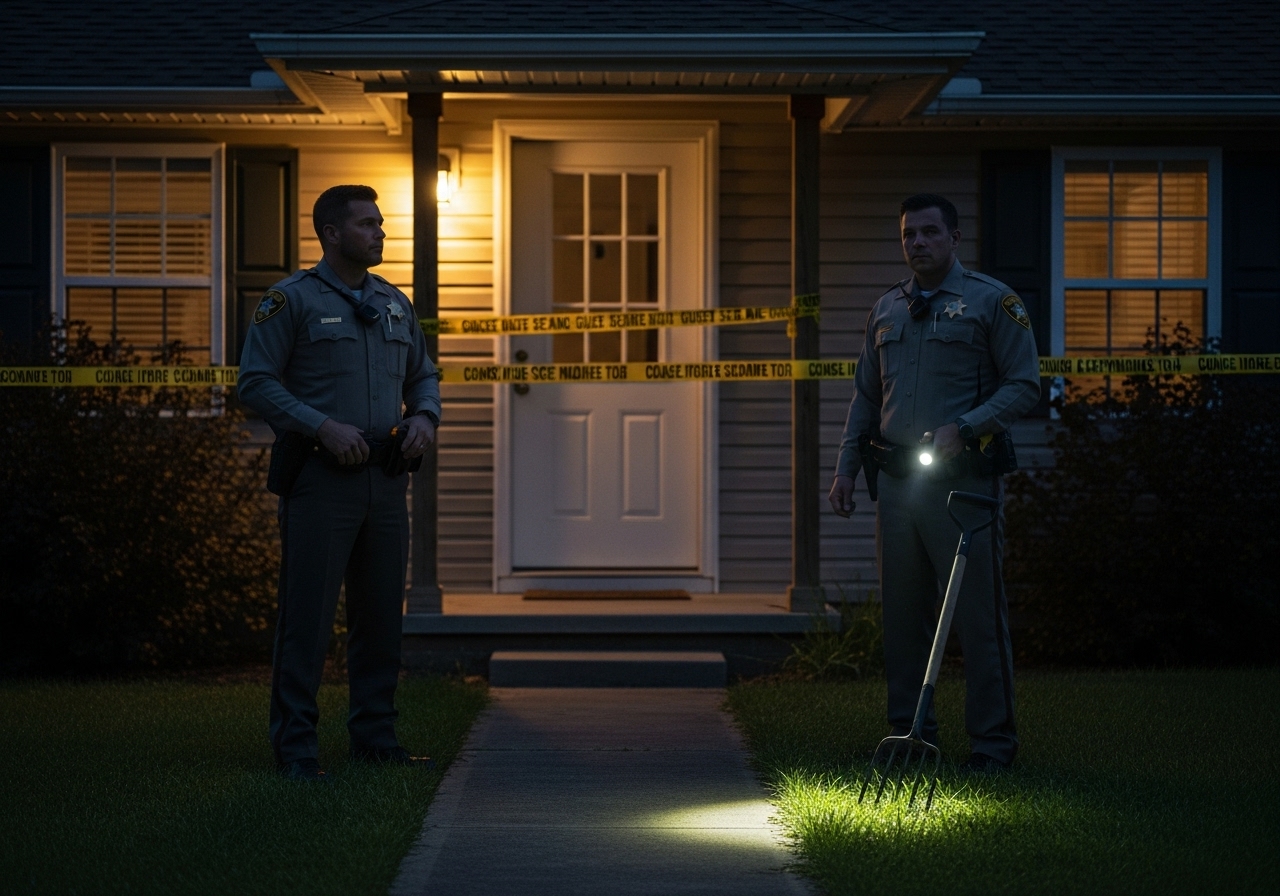The U.S. Coast Guard just scored a major win in the fight against drug trafficking. On Tuesday, the crew of the Cutter Seneca pulled into Port Everglades, Florida, with more than 12,750 pounds of illegal drugs. That’s over six tons of narcotics, mostly cocaine, with a street value of more than $94 million. Along with the drugs, they also handed over 29 suspected smugglers to federal agents.
This bust is part of a larger mission called Operation Pacific Viper. The Coast Guard launched this operation back in August to crack down on drug routes coming out of Central and South America. These waters are known highways for drug cartels moving massive amounts of cocaine and other narcotics north toward the United States. And the Coast Guard isn’t working alone. They’ve teamed up with international partners and other U.S. agencies to carry out these interdictions in international waters.
According to the Coast Guard, Operation Pacific Viper has already taken more than 80,000 pounds of cocaine off the seas. That’s not just a good number—it’s a serious blow to the drug traffickers. Every pound seized is a pound that won’t make it to our streets. Every smuggler caught is one less criminal putting Americans in danger.
Captain Lee Jones, the commanding officer of the Seneca, praised his crew for their hard work. He made it clear that these men and women are sacrificing time with their families and, in many cases, putting their own lives on the line to protect our country. That kind of dedication deserves more recognition than it gets. These crews are often overlooked, but they are on the front lines of a very real war.
And let’s be honest—this drug war isn’t just happening on the streets. It starts far from our coasts, in places where cartels are willing to risk anything to move their poison into the U.S. That’s why maritime interdictions are so critical. The Coast Guard is our first line of defense. In fact, 80 percent of all drug seizures headed for the U.S. happen at sea. Without these maritime operations, those drugs would flood our cities and towns, poisoning our communities.
The Cutter Seneca is a 270-foot, medium endurance cutter based out of Portsmouth, Virginia. It carries a crew of about 100. These cutters are built for long missions, and they’re outfitted with the tools and personnel to chase down drug runners across thousands of miles of open ocean. That’s no easy task, especially when smugglers are using fast boats, hidden compartments, and even submarines to get past our defenses.
The fight doesn’t end on the water. Just last September, the feds made the largest seizure of drug-making chemicals in U.S. history. These chemicals, intercepted before they could reach the Sinaloa Cartel in Mexico, were coming straight from China. We’re talking hundreds of thousands of pounds of precursor chemicals—stuff that’s used to make amphetamines and other illegal drugs. That’s another front in this battle, and it shows how global the threat really is.
As a veteran, I know what it means to serve with purpose and to fight for something bigger than yourself. The Coast Guard men and women out there on the front lines are doing just that. They’re not just stopping drugs—they’re saving lives. Every ton of cocaine they take off the water is one that won’t destroy families and fuel addiction back home.
This is the kind of mission America needs to support. Strong borders, tough enforcement, and zero tolerance for the criminals who profit off our pain. The Coast Guard is doing its job. Now it’s up to the rest of us to make sure they have the tools, the backing, and the recognition they deserve for keeping this country safe. Job well done, Seneca. Keep the pressure on.





